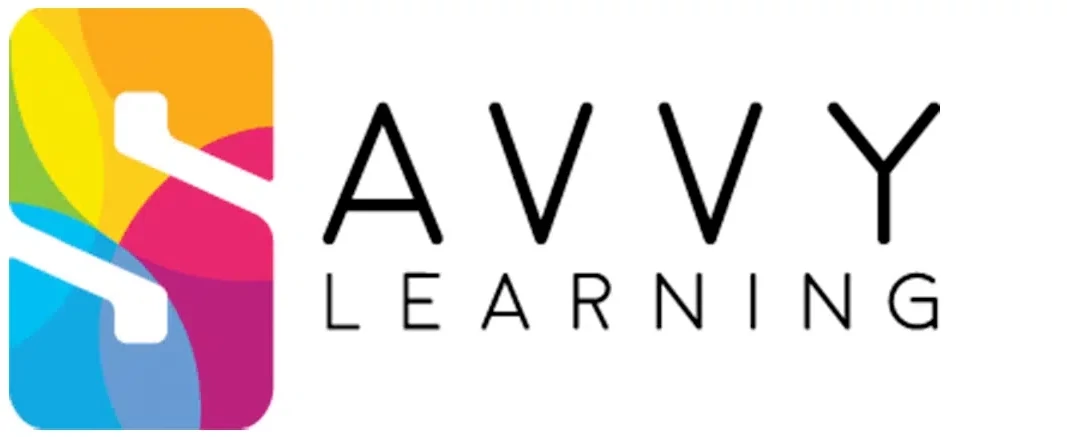Last chance to get lifetime access to Pegasus! Lifetime updates will be discontinued from the Unlimited plan on April 7.

Build your next
A
in a fraction of the time

Using Pegasus saved us hundreds of hours of Django development. It came with complete team and payment models and the Stripe integration was very smooth. Code is clean and the examples make it very easy to get started.
User Accounts
A secure and extensible user account system with sign up, authentication, email confirmation, password reset, and social login built in.
Teams and Invitations
Create multi-tenant applications with an optional teams/organizations model, invitation workflow, and role-based access control framework.
Subscriptions
Set up plans and collect recurring payments with a powerful and flexible Stripe subscriptions module.
E-Commerce Store
A built-in store for processing once-off payments with Stripe.
OpenAI Examples
Kickstart your AI product with demo applications built on top of ChatGPT and DALL-E 2.
Multiple CSS themes
A responsive UI built with your choice of Tailwind CSS, Bootstrap, or Bulma.
Choice of Front End
Interactive pages in Pegasus are built with your choice of React or HTMX. Use as much or as little JavaScript as you want.
Async and Websocket Support
Build real-time UIs with a asynchronous and websocket support with django-channels and a built-in group chat demo.
Content Management System
Add a blog or static site to your application—with a rich editing UI—using a built-in integration with Wagtail CMS.
API ecosystem
Built in REST APIs, API documentation, and client libraries for all your application's data.
Per-Seat Pricing
Charge for subscriptions on a configurable 'per-seat' basis, based on the number of users or a different metric of your choice.
Admin UI
Work with your database models directly in a browser with Django's built-in Admin UI.
User Impersonation
Troubleshoot users' problems faster by experiencing the app exactly how they do.
Feature Flags
Instantly turn features on and off for specific users, teams, or even site-wide—without pushing any code.
Two-factor Authentication
Let users protect their accounts with an extra layer of security using Google Authenticator or similar.
Flexible Deployment
Built-in tools to deploy to multiple cloud platforms or any VPS in just a few clicks.
Tests and CI
A built-in test suite and front end build system, running automatically with Github Actions.
Internationalization
Infrastructure to translate your application into any language.
Docker-based development
Get up and running in a single command using cross-platform Docker containers.
Built-in Toolchain
A built-in TypeScript/JavaScript and Sass/CSS build pipeline with Webpack and other modern tools and no fuss.
Example Charts
Fully-integrated demo of dynamic charts based on real data from your application.
Send email with any popular email service provider (ESP), including built-in, mobile-friendly templates for common emails.
Error Monitoring
Track errors in your production application in real-time with Sentry—the gold-standard for Django application monitoring.
Secure
Built on the secure Django web framework with sensible defaults to help avoid common security mistakes.
Go from zero to fully-functional app in under five minutes.

Our Community
Get support from Pegasus's creator and hundreds of other developers building with Pegasus in our private Slack community.

Comprehensive Documentation
Our documentation helps you get started with development, deployment, using best practices, and solving common problems.

Continuous Releases
The codebase is updated regularly with new features, bug fixes, library upgrades, and more.
Here's what successful customers say about Pegasus
“SaaS Pegasus makes it possible not just to build your demo, but to get product-ready in weeks not months. We were able to go from 0 to 1 in 3 weeks, building on top of Pegasus.”

“I'm usually pretty critical of SaaS boilerplates, but SaaS Pegasus is quite literally "CTO in a box" and has taught me a ton about modern Django just from buying it.”
“As a newbie to Django, I was looking for a SaaS template to quickly build and launch my indie hacking project. SaaS Pegasus provided the perfect foundation to build from. It has just the right amount of base functionality that I could easily customise. If you're using Django, save time and money—I highly recommend it!”
“We estimated that we could launch our productized service in six weeks. Thanks to Pegasus, we did it in six days! Everything Just Worked.”
“SaaS Pegasus is a no-brainer for SaaS entrepreneurs. It saves hundreds of hours of work and is a solid foundation for SaaS applications in Django.”
“Using SaaS Pegasus to handle all the boilerplate code was so easy and helpful. The application was ready to launch 10x faster than when I handle that stuff myself.”
“Pegasus helped me tremendously understanding the logic behind Django projects. Really a great solution you have!”
“We're well into the six figures of ARR, closing out a raise at a multi-million dollar valuation. I 100% believe my product never would've gotten off the ground without SaaS Pegasus. You have done all of the intimidating, monotonous, but also hard-to-reason-about structural pieces of the project. I know it might seem silly to think of it like this, but SaaS Pegasus has helped change the trajectory of my life.”
“In only 4 days I was able to take my existing Django project, integrate SaaS Pegasus, and push it online. You have done an amazing job creating Pegasus. It wouldn't have been possible without you.”









